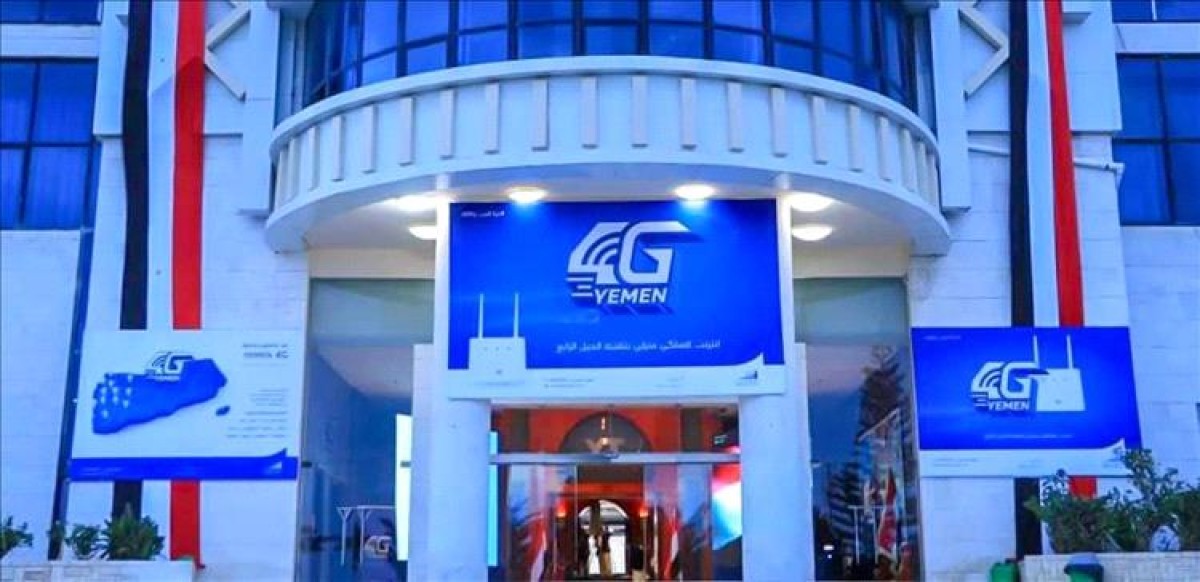The Houthi group forces Internet stores in Sanaa to participate in the Houthi mobilization


The Houthi group recently launched campaigns against shop owners and Internet networks in the kidnapped capital, Sana'a, with the aim of financially blackmailing them, forcing them to promote the group's ideas, and contributing to military mobilization.
Local sources in Sanaa confirmed to Asharq Al-Awsat that the campaign, carried out by elements affiliated with the so-called Houthi “mobilization and mobilization” department, and the communications office controlled by the group, closed internet stores in Al-Wahda and Ma’in districts, under the pretext of violating instructions and publishing the content of scientific programs and applications. And sports and entertainment, in violation of what the group calls “faith identity.”
The Houthi group stipulated that, in order to reopen the stores, their owners must pay disciplinary fines and provide content that focuses on publishing “Lieutenant Khomeini” and the speeches of the group’s leader, Abdul-Malik al-Houthi.
Internet store owners in Sanaa complained to Asharq Al-Awsat about blackmail campaigns targeting them and their livelihoods at the hands of supervisors and gunmen, who force them to publish unilateral content that incites young men and teenagers who frequent internet stores to join the fronts.
According to some residents, the group’s militants did not leave room for any shop or Internet owner without targeting him, either by blackmailing and shutting him down, or by forcing him to participate in promoting the group’s sectarian-oriented ideas and broadcasting enthusiastic songs in order to mobilize fighters.
The coup group in Yemen controls the Internet service through its control of the “TeleYemen” company, the only service provider, and all mobile phone companies - especially in areas under its control - obtain the service from the company.
The Houthi abuse against Internet stores comes in parallel with a recent report issued by a United Nations team of experts, which accused the group of exploiting the revenues of the telecommunications sector on the military side and purchasing dual-use communications equipment.
The report explained that the Houthi group took advantage of social media in its war against the Yemenis, and they used and recruited many celebrities on social networks to speak on behalf of the group and pass any messages and agenda.
This coincides with the escalation of complaints from residents in Sanaa and other cities under the control of the Houthis, about the continued deterioration of Internet service in an unprecedented manner, noting that this slowness has increased further over the past few days.
Residents pointed out that there are Houthi efforts to isolate them from the world, through successive measures taken by the group, related to Internet service, whether in terms of weakening the service to a significant degree, or raising its prices repeatedly.
This is not the first targeting of store owners and Internet networks, as the group has previously targeted more than 50,000 local Internet networks in areas under its control.